Leading Face Serum Manufacturer – Custom & Private Label Solutions
Custom Formulations to Match Your Brand Vision!
About Aoxue
Step into the world of Aoxue, a trusted and forward-thinking face serum manufacturer delivering premium skincare solutions that align with global industry standards.
With extensive experience in the skincare field, we specialize in crafting custom face serums designed to meet the specific needs of skincare brands around the globe. Our dedication to excellence, safety, and innovation sets us apart—we utilize high-quality ingredients and advanced manufacturing processes to ensure outstanding product performance.
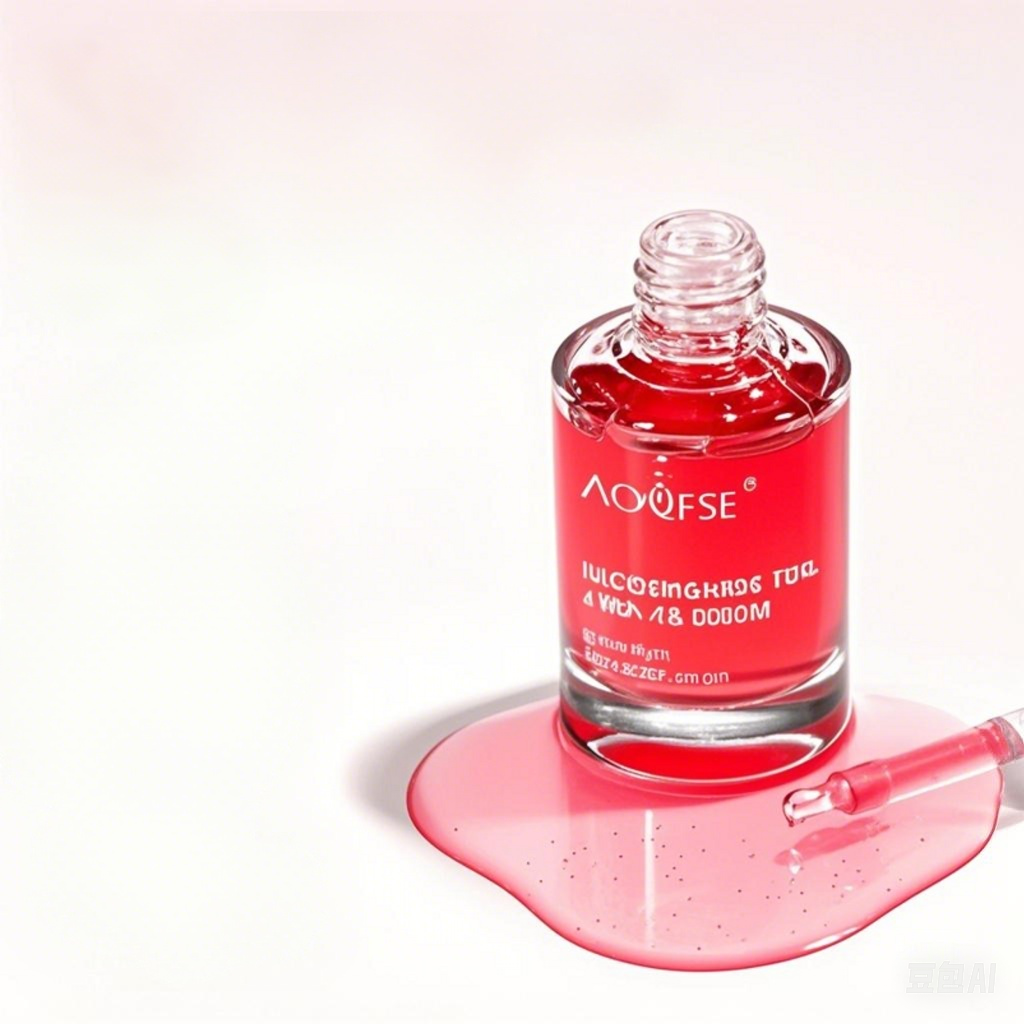
What is Face Serum
A face serum is a lightweight, fast-absorbing skincare product formulated to deliver high concentrations of active ingredients directly into the skin.
Unlike traditional moisturizers, serums are designed to address targeted skin concerns—such as fine lines, acne, or dark spots—more effectively, thanks to their potent, focused formulations and deeper skin penetration.
Types of Face Serums: We Manufacture

Water-Based Serums
These lightweight, fluid serums are perfect for oily and acne-prone skin, offering essential hydration while absorbing quickly without leaving behind any greasy or heavy residue.
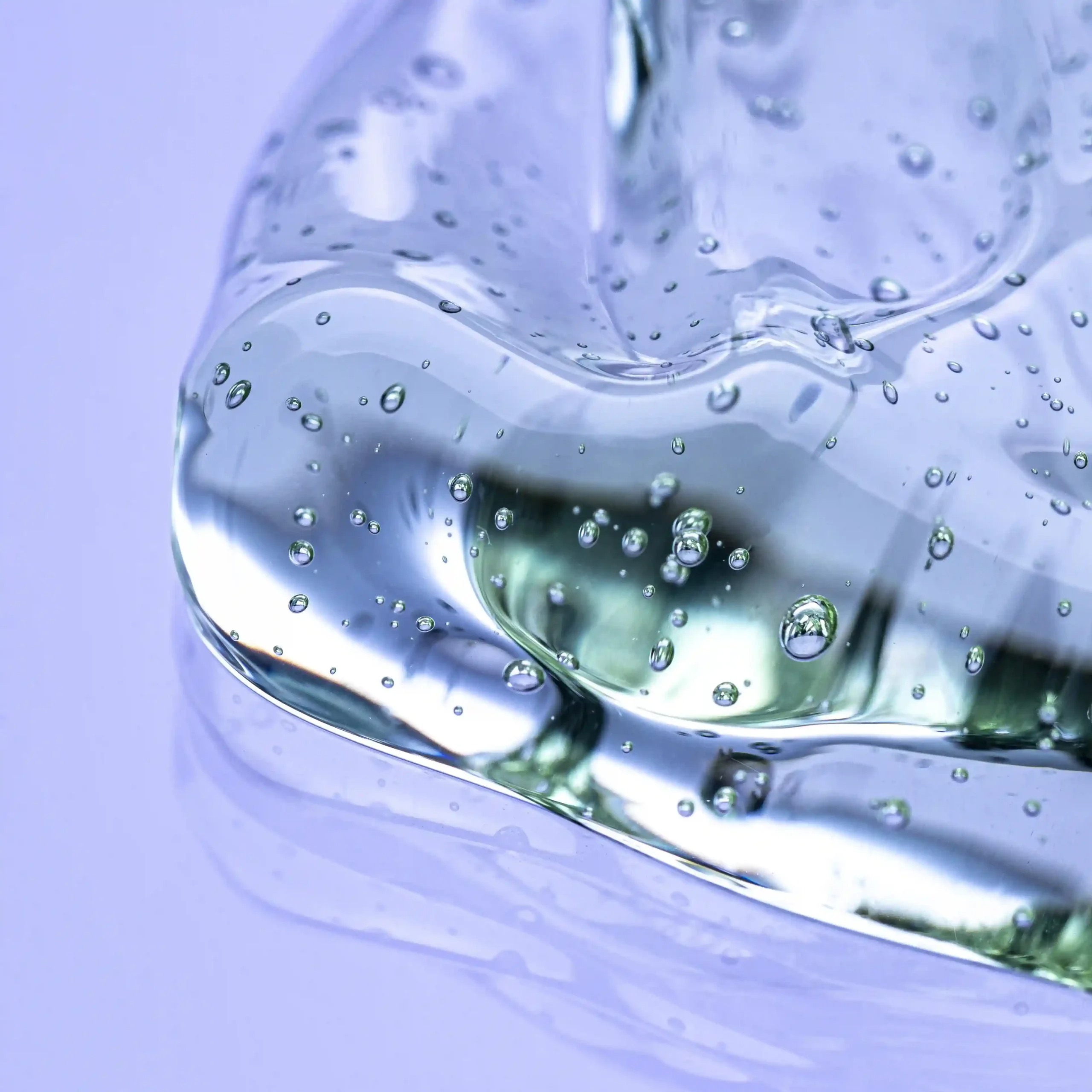
Gel-Based Serums
Featuring a gentle, gel-like texture, these serums are ideal for sensitive or acne-prone skin, delivering calming hydration and targeted treatment without irritation.
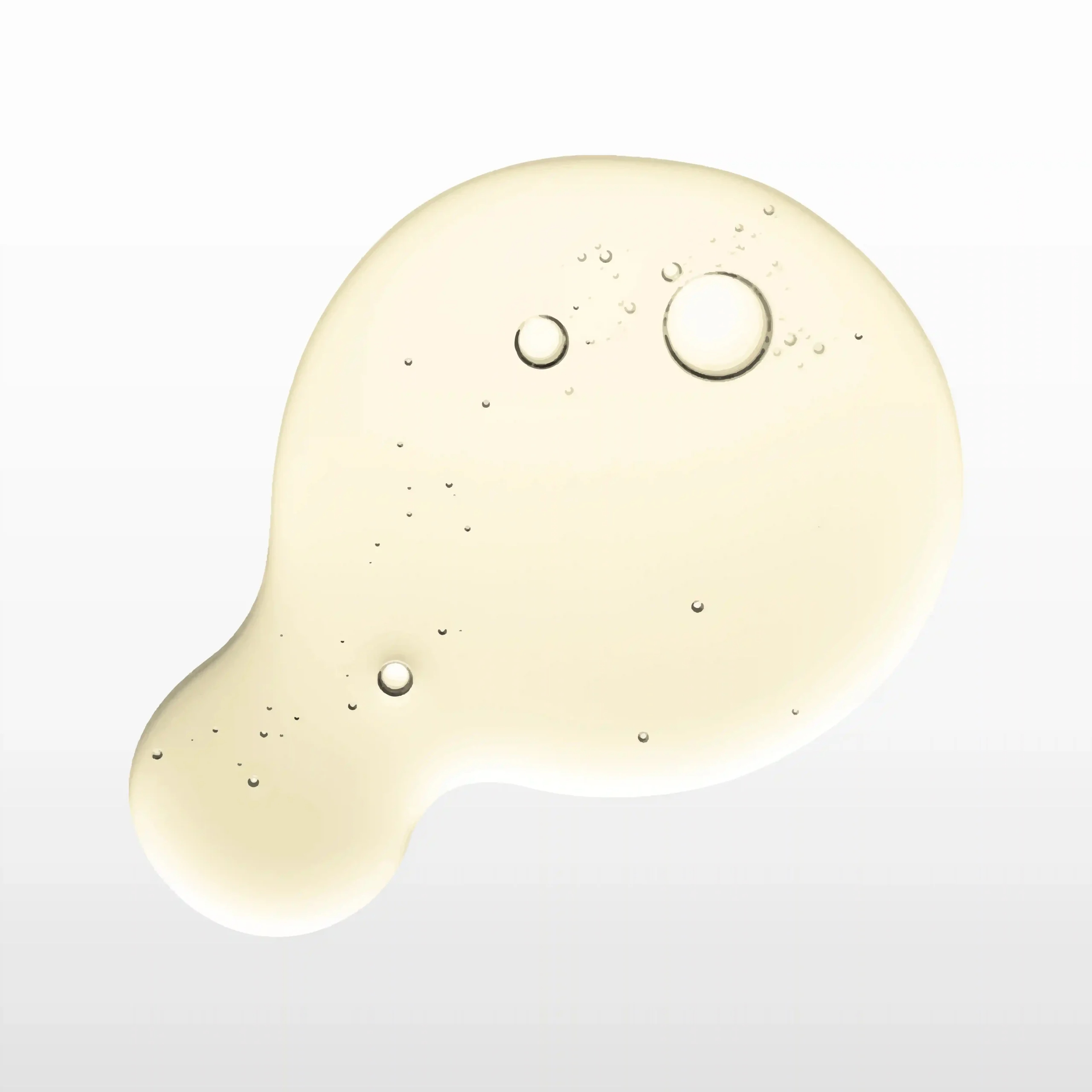
Oil-Based Serums
Rich and deeply moisturizing, oil-based serums are ideal for dry, dehydrated, or mature skin, delivering intense hydration and enhancing skin elasticity for a smoother, more supple complexion.

Silicone-Based Serums
These silky, smooth serums form a protective barrier on the skin, helping to blur fine lines and minimize the appearance of pores, resulting in a refined, even skin texture.
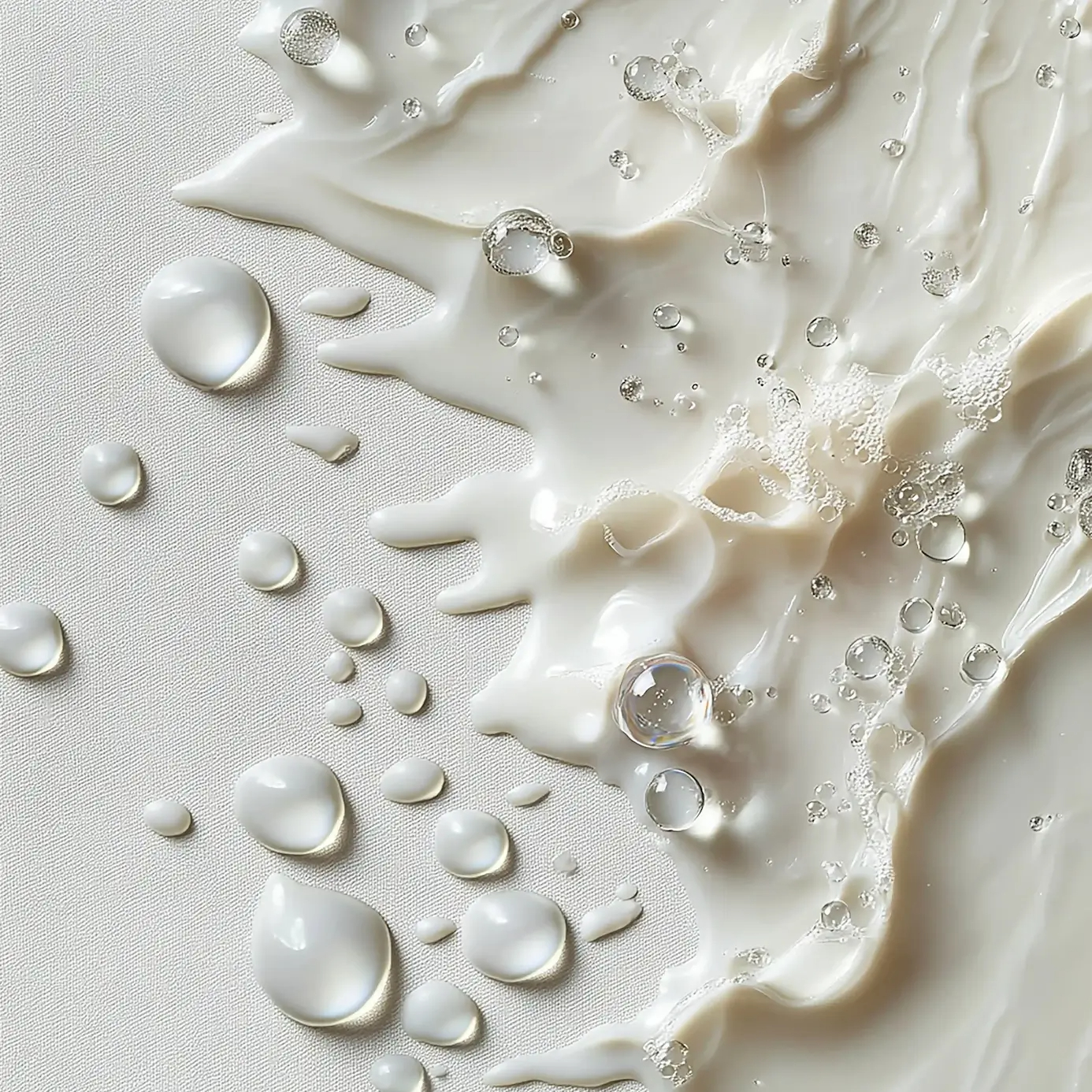
Milky Serums
Creamy and lotion-textured, milky serums provide a soothing blend of hydration and nutrients, making them perfect for normal to dry skin types in need of balanced care and comfort.
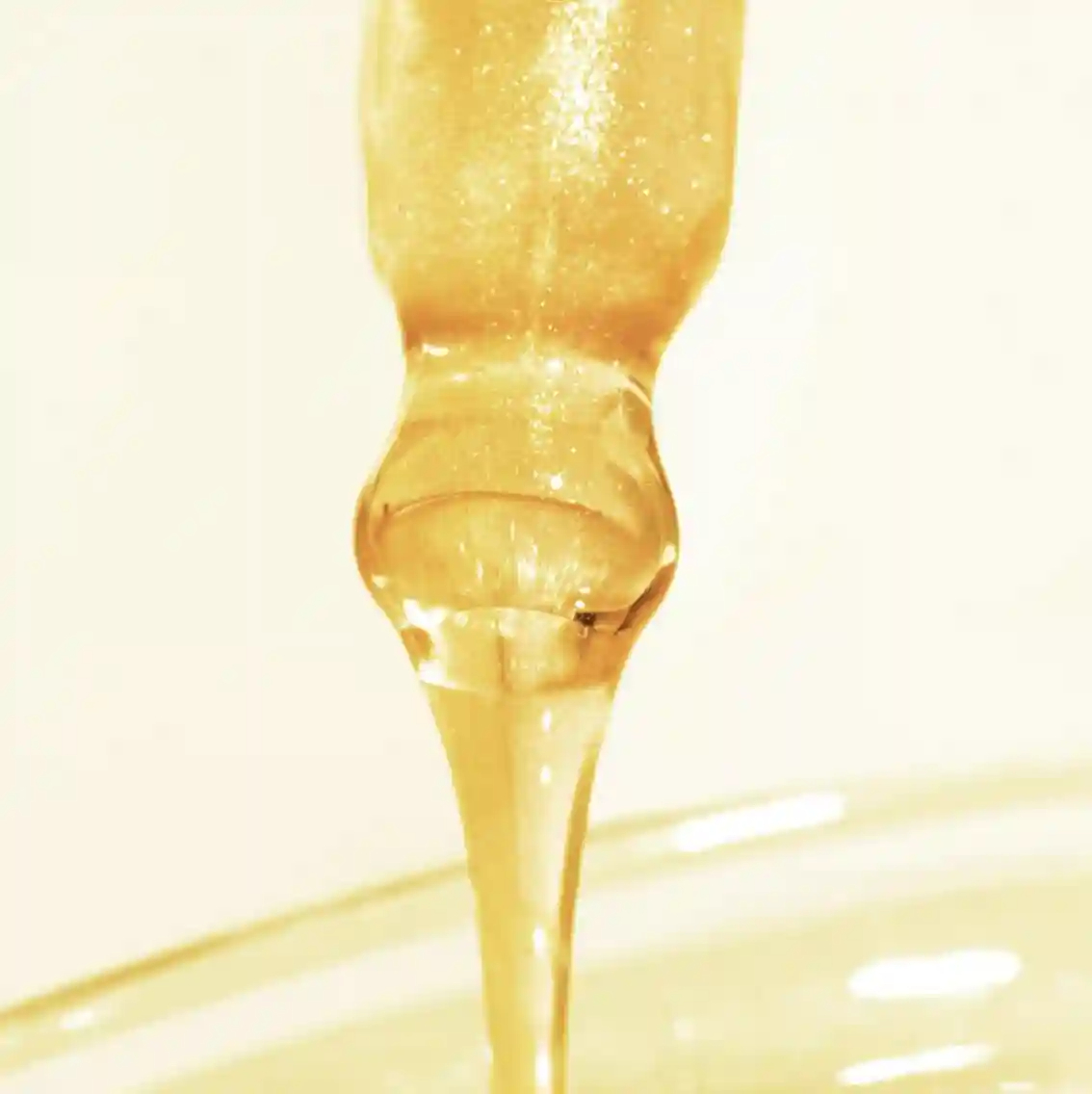
Honey-Like Serums
Thick and syrup-like in texture, these ultra-hydrating serums are ideal for extremely dry or mature skin, delivering intense moisture while forming a protective layer to lock in hydration and support skin repair.
Benefits of using Face Cleanser
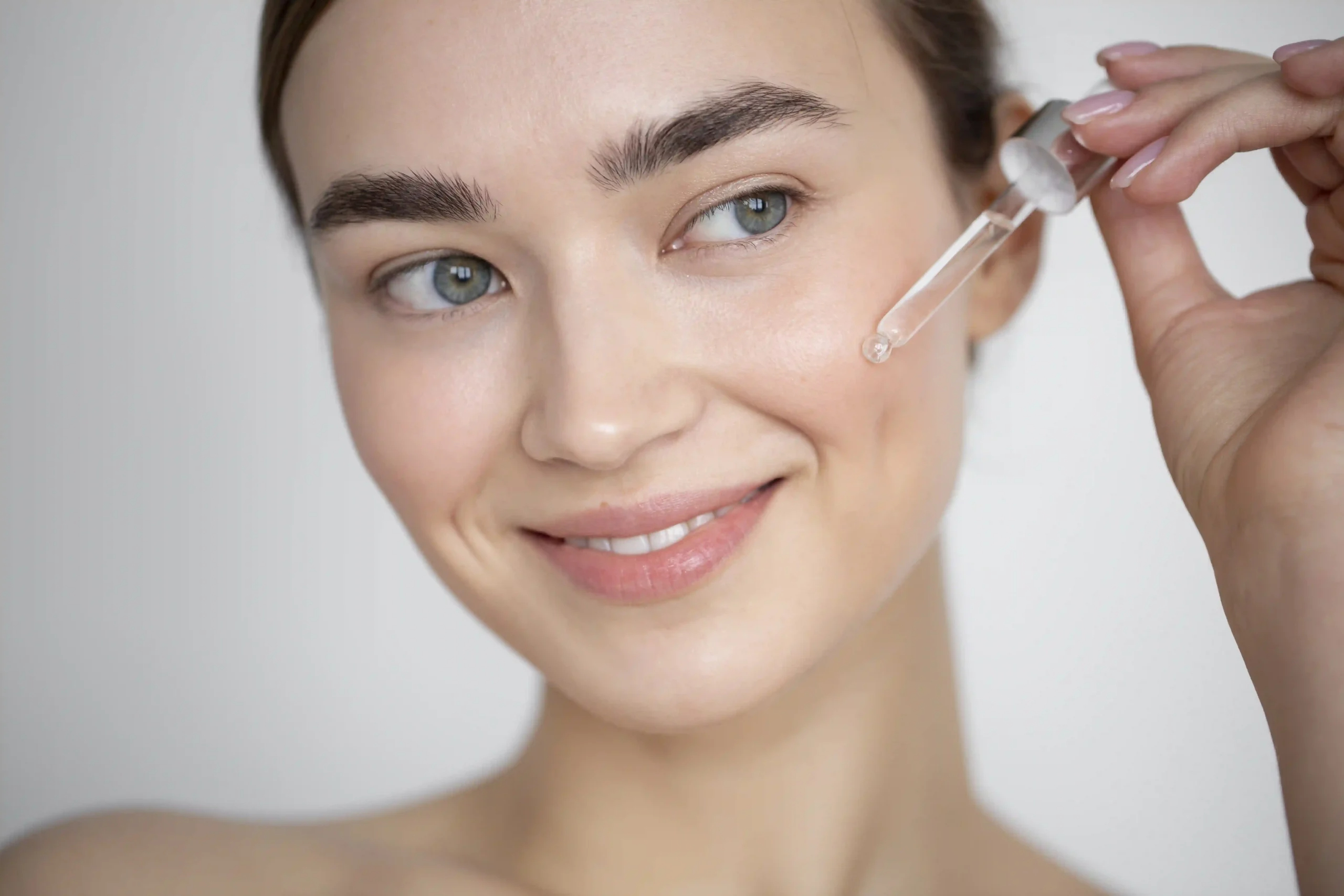
Hydration
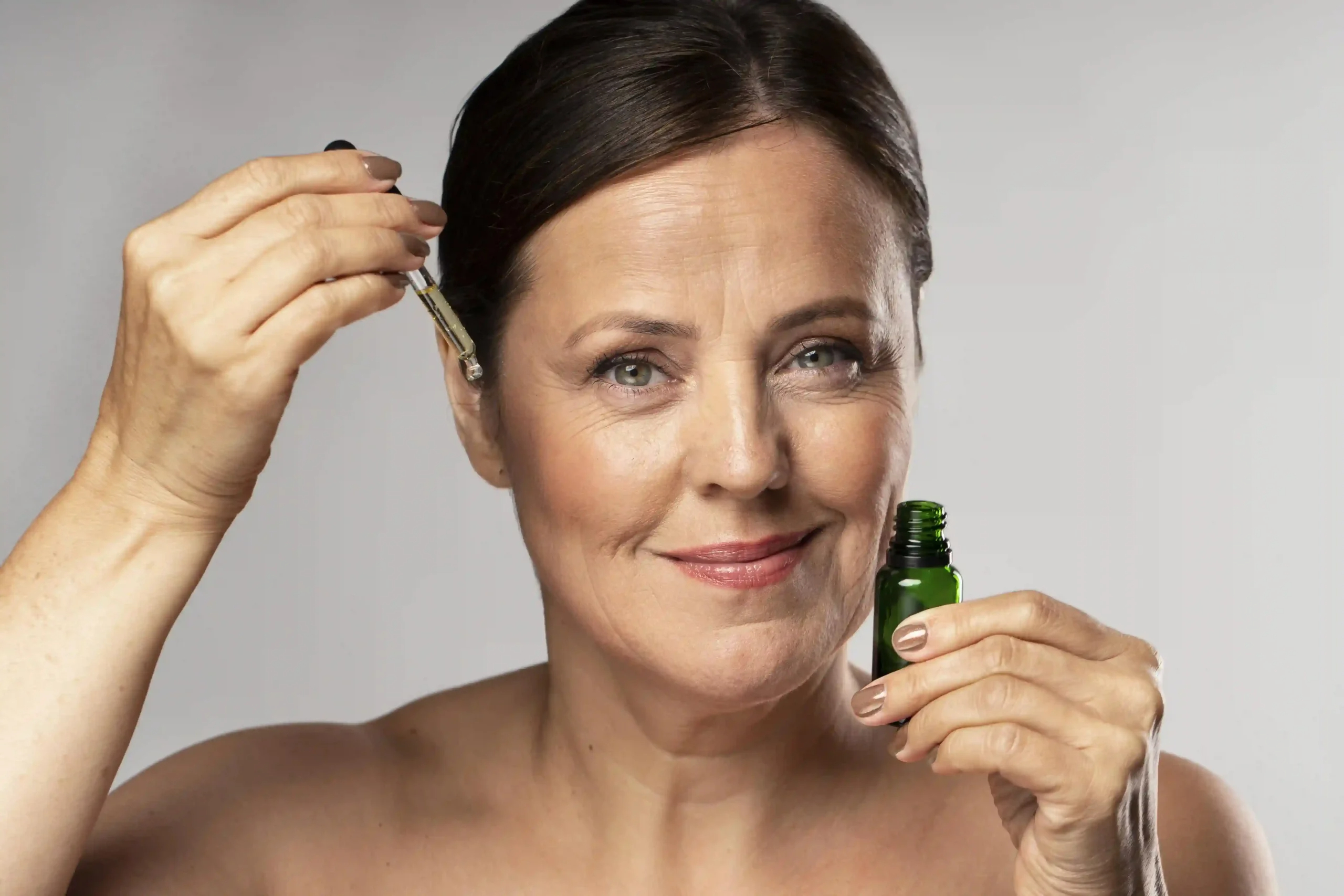
Anti-aging

Brightening
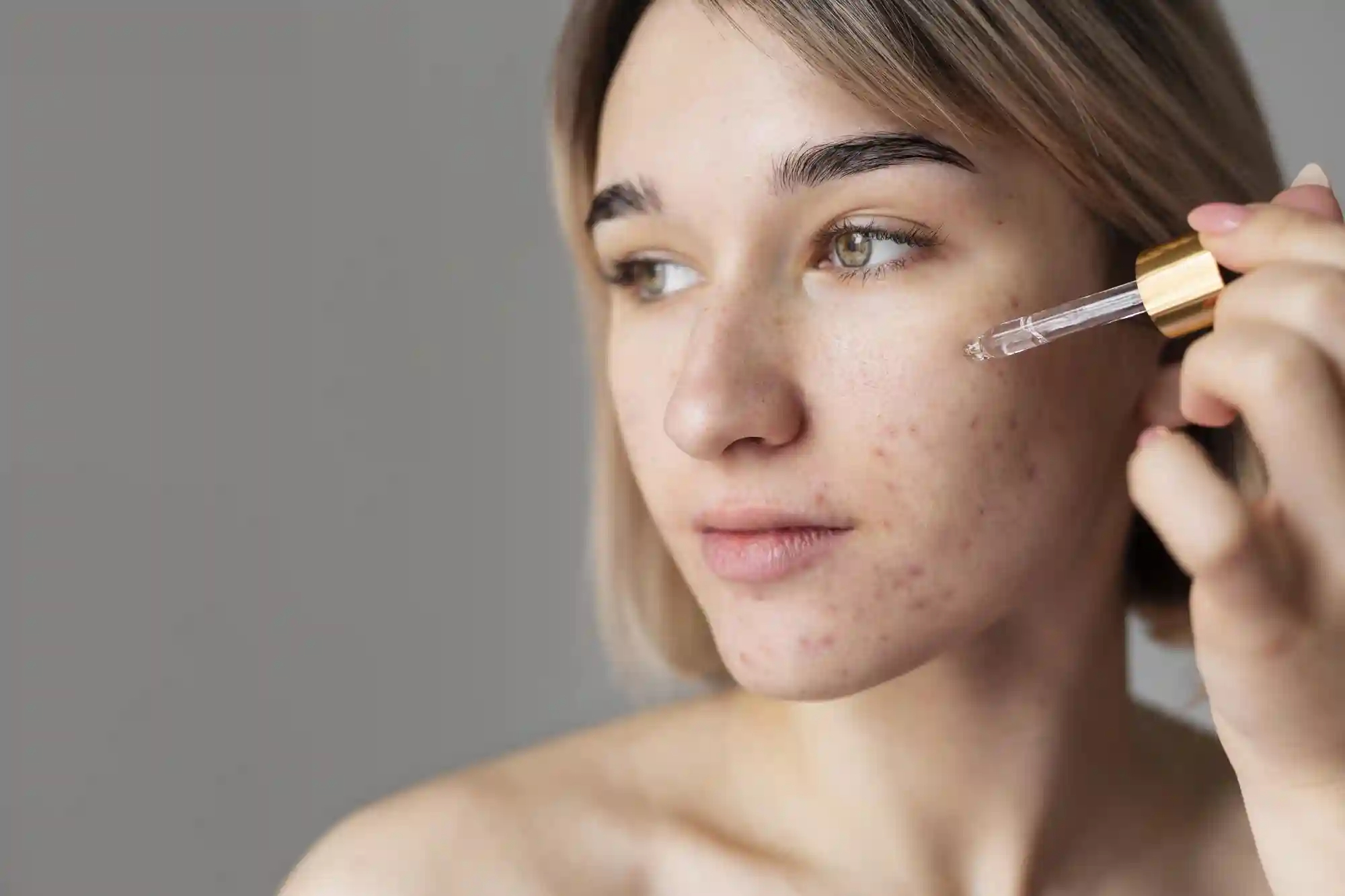
Acne treatment

Exfoliation
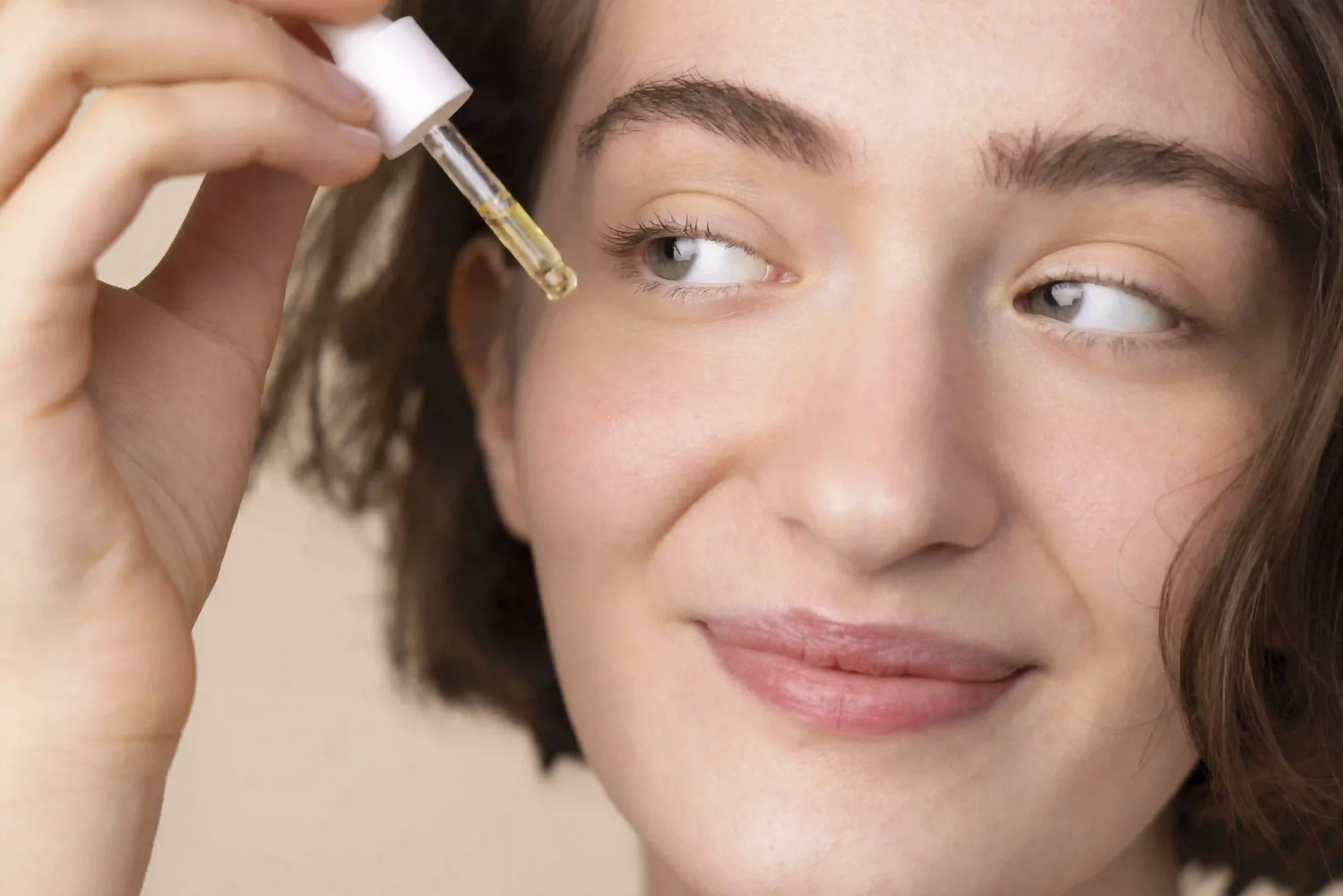
Improves Skin Texture
Choosing the Right Face Serum for Your Skin Type

Oily or Acne-Prone Skin
Look for a serum of niacinamide or salicylic acid, which helps regulate oil production and reduce breakouts. It has a firming effect and keeps skin opaque throughout the day.

Dry or Sensitive Skin
Choose a serum rich in moisturizing ingredients, such as hyaluronic acid, glycerin, or ceramide. It can provide deep hydration, strengthening the skin barrier and preventing water loss.

Combination Skin
Look for light serums that contain oil-controlling active ingredients such as hyaluronic acid and niacinamide. It can moisturize the dry parts and control the oil in the T zone.

Sensitive skin
Choose a serum that contains calming ingredients like aloe vera, chamomile, or vitamin B5. Helps reduce redness and irritation while strengthening the skin's protective barrier.
How to Use a Face Serum Into Your Routine
Start with a Cleanser
Cleanse your face thoroughly to remove dirt, oil, makeup, and impurities. A clean base ensures your serum penetrates deeply and works efficiently.Apply the Serum
After cleansing, use a few drops of serum on your fingertips. Serums are potent, so a small amount is enough.Gently Massage In
Apply the serum with upward, circular motions to help absorption and boost circulation.Follow with Moisturizer
Once the serum has fully absorbed, apply a moisturizer to seal in hydration and enhance the serum’s effects.Finish with Sunscreen (Morning Routine Only)
If using the serum in the morning, apply sunscreen afterward—especially if the serum contains active ingredients like AHAs, retinol, or vitamin C. This step protects your skin from sun damage and irritation.
Skincare Routine
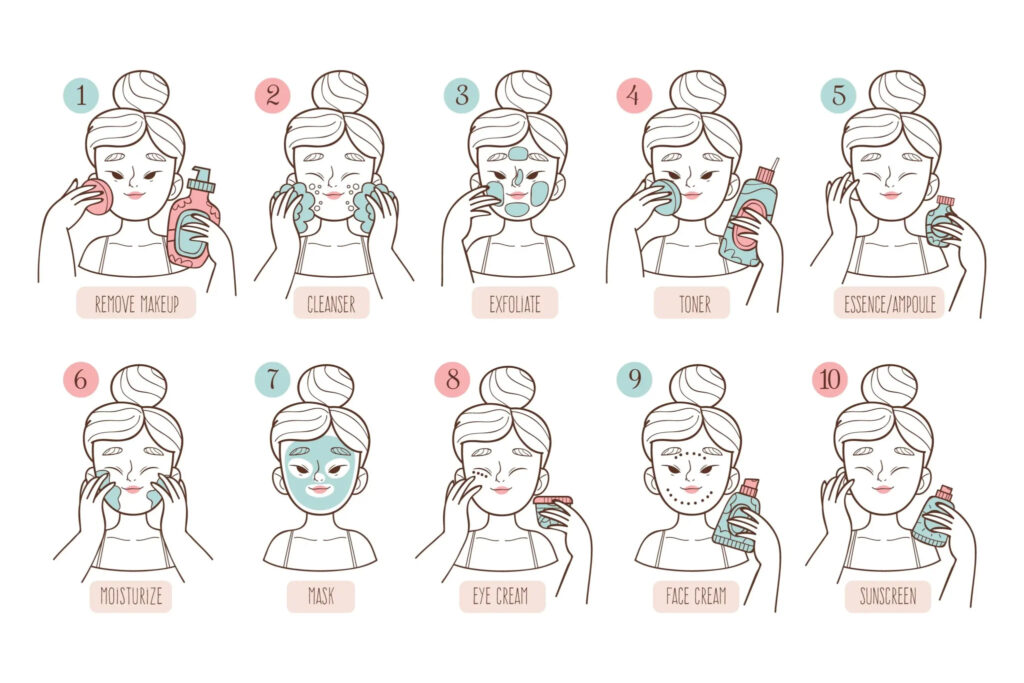
FAQs About Face Serum
How Does Private Labeling Work for Face Serums?
Private labeling involves selecting a pre-formulated face serum from a manufacturer, then branding it with your logo, packaging, and specific marketing. The manufacturer handles the production, while you focus on branding, sales, and distribution.
Can I Customize Ingredients in Private Label Face Serums?
Yes, many private label manufacturers offer customization options, allowing you to adjust the formulation to meet the needs of your target audience (such as adding hyaluronic acid for hydration or retinol for anti-aging). However, customization options may vary depending on the manufacturer.
How Long Does It Take to Develop a Private Label Face Serum?
The timeline for creating a private label serum can range from a few weeks to several months, depending on the complexity of the formula, customization requirements, and the manufacturer’s lead time.
What Are the Minimum Order Quantities (MOQs) for Private Label Face Serums?
Minimum order quantities vary by manufacturer but generally range from a few hundred to several thousand units. It’s important to discuss MOQ and pricing with the manufacturer to find a solution that works for your business needs.
Latest Insights From Our Experts
Massage Oil vs. Body Oil: What’s Best for Your Skin?
Toner vs Serum: Understanding Key Skincare Differences In the ever-evolving world of skincare, understanding the roles of various products can often feel overwhelming. Among the myriad of options, toners and serums stand out as essential components of a comprehensive skincare routine. But what sets them apart? This article delves into the key differences between toners and serums, helping you make informed decisions for your skincare regimen. What is a Toner? Toners are water-based skincare products designed primarily to: Typically used after cleansing and before moisturizing, toners ensure that your skin is clean and ready for additional treatments. Common Ingredients in Toners Ingredient Benefits Witch Hazel Anti-inflammatory properties Rose Water Gentle hydration, soothes skin Aloe Vera Calming effects, adds moisture Hyaluronic Acid Attracts and retains moisture AHAs/BHAs Exfoliates, unclogs pores Benefits of Toners What is a Serum? Serums are highly concentrated skincare products formulated to address specific concerns like: Unlike toners, serums penetrate deeper into the skin to deliver powerful active ingredients. Common Serum Ingredients Ingredient Primary Benefit Vitamin C Brightening, antioxidant protection Retinol Reduces fine lines and wrinkles Peptides Improves firmness and elasticity Niacinamide Reduces inflammation, improves texture Hyaluronic Acid Provides deep hydration Serum Benefits Key Differences: Toner vs Serum Aspect Toner Serum Texture Watery, lightweight Thicker (oil/gel-based) Primary Purpose Prepares and balances skin Treats specific concerns Application Cotton pad

Toner vs Serum: Understanding Key Skincare Differences
In the ever-evolving world of skincare, understanding the roles of various products can often feel overwhelming. Among the myriad of options, toners and serums stand out as essential components of a comprehensive skincare routine. But what sets them apart? This article delves into the key differences between toners and serums, helping you make informed decisions for your skincare regimen. What is a Toner? Toners are water-based skincare products designed primarily to balance the skin’s pH, cleanse pores, and prepare the skin for better absorption of subsequent products. Typically used after cleansing and before moisturizing, toners ensure that your skin is clean and ready for additional treatments. Common Ingredients in Toners: Benefits of Toners: What is a Serum? Serums are highly concentrated skincare products formulated to address specific skin concerns such as dark spots, fine lines, wrinkles, and hyperpigmentation. Unlike toners, serums are designed to penetrate deeper into the skin, delivering powerful active ingredients directly to the areas that need them most. Common Ingredients in Serums: Benefits of Serums: Key Differences Between Toner and Serum Aspect Toner Serum Texture Watery and lightweight Thicker, often oil- or gel-based Purpose Prepares, balances skin, and cleanses Treats specific concerns (e.g., aging, dark spots) Application Applied with a cotton pad or spray Applied with fingers and massaged into the skin Depth of Action Works on

Gel vs Cream Moisturizer: Which is Right for Your Skin?
In the vast world of skincare, choosing the right moisturizer can be daunting. With the myriad of options available, one of the most common dilemmas is deciding between a gel and a cream moisturizer. Each type has its unique properties, benefits, and suitable skin types. So, how do you determine which is right for you? Let’s delve into the differences between gel and cream moisturizers and help you make an informed decision. Understanding Gel and Cream Moisturizers Gel Moisturizers: Cream Moisturizers: Gel vs Cream: Key Differences Base Ingredients: How to Choose the Right Moisturizer When deciding between a gel and cream moisturizer, consider the following: Can You Use Both? Yes, you can use both gel and cream moisturizers in your skincare routine. For instance, apply a gel moisturizer in the morning for a lightweight feel and switch to a cream moisturizer at night for intense hydration. This approach ensures your skin gets the necessary hydration throughout the day. Conclusion Choosing between a gel and cream moisturizer ultimately depends on your skin type, concerns, and personal preference. Both types have their unique benefits, and understanding these can help you make an informed choice. Remember, the right moisturizer can make a significant difference in your skincare routine, promoting healthy, radiant skin.



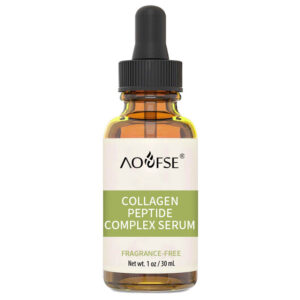


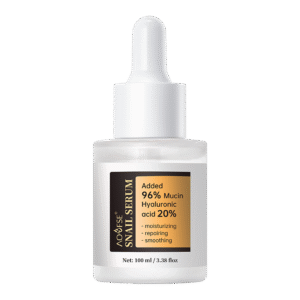
 English
English Arabic
Arabic Armenian
Armenian Chinese (Simplified)
Chinese (Simplified) Danish
Danish Dutch
Dutch Esperanto
Esperanto Estonian
Estonian French
French Hindi
Hindi Italian
Italian Japanese
Japanese Korean
Korean Portuguese
Portuguese Russian
Russian Thai
Thai Turkish
Turkish Ukrainian
Ukrainian Vietnamese
Vietnamese